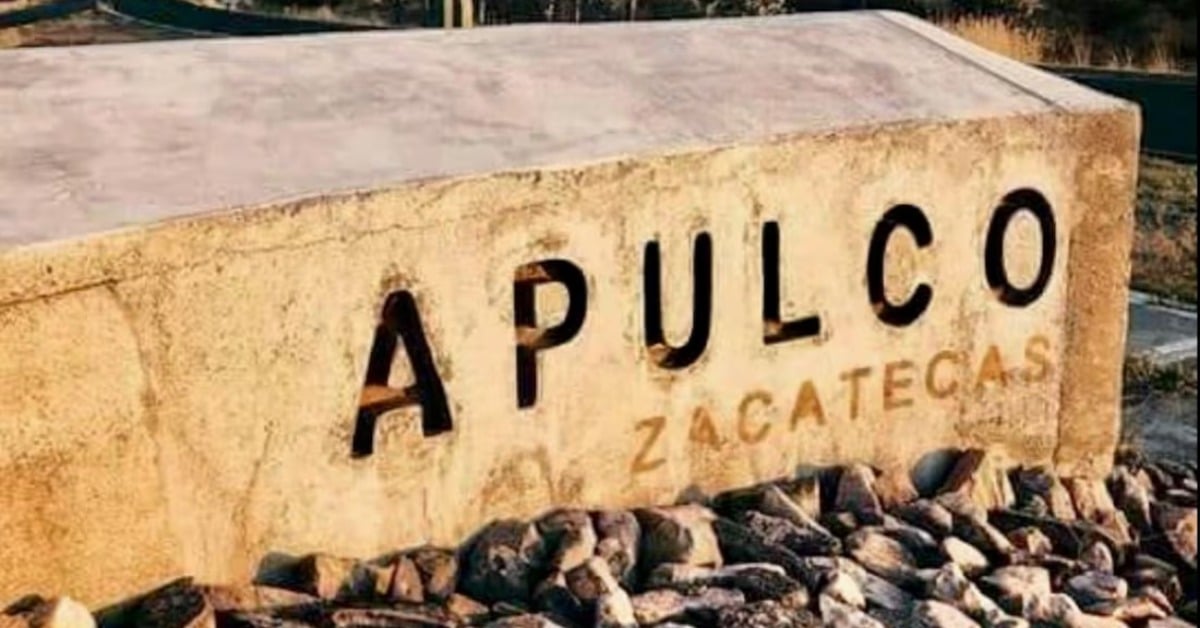In a victory for Mexico’s anti-corruption and security forces, authorities have arrested a former municipal mayor in Zacatecas state who is accused of colluding with the Jalisco New Generation Cartel (CJNG . . .


In a victory for Mexico’s anti-corruption and security forces, authorities have arrested a former municipal mayor in Zacatecas state who is accused of colluding with the Jalisco New Generation Cartel (CJNG . . .
